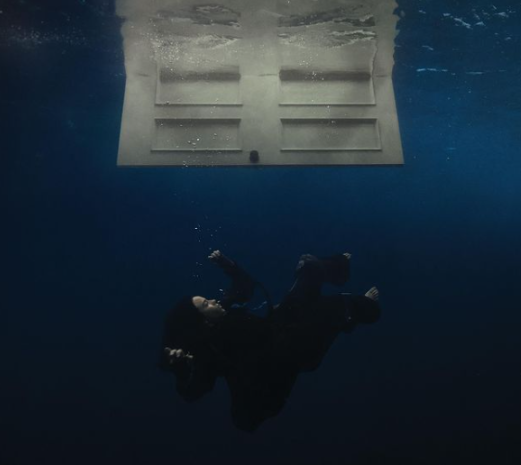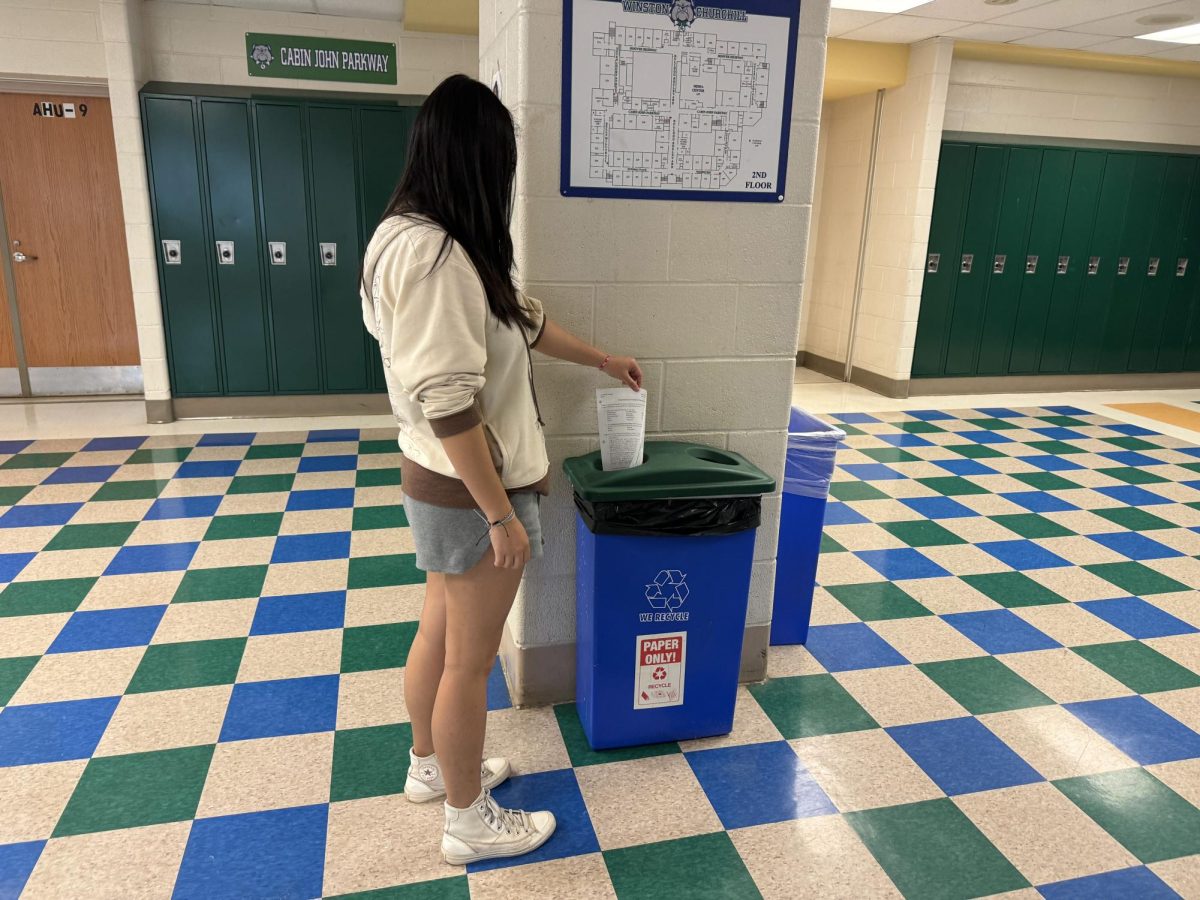Nick Stuban, a sophomore at W.T. Woodson, a Fairfax County high school, committed suicide Jan. 20 after having been suspended for possession of a legal drug on school grounds.
A football player who had never before committed any serious disciplinary infractions, Stuban was removed from school and recommended for expulsion in November after he was caught with a capsule of JWH-018, a synthetic form of marijuana. He was slated to return to Fairfax County Public Schools (FCPS) in January for second semester, but would have been transferred to Fairfax High School.
According to a Feb. 22 Washington Post article, the manner in which FCPS dealt with Stuban’s disciplinary infraction suggests that the school system’s policy on drug possession disregards the individual circumstances of each student. Such policies are referred to as zero tolerance policies.
“When someone says we have a zero tolerance policy, that’s not really the case because if that were true, then every time the state forwards someone for expulsion then we would expel them,” FCPS spokesperson Paul Regnier said. “We treat every case individually once it gets to the hearings office.”
Some Montgomery County schools have zero tolerance policies on drug and alcohol possession on school grounds. Although CHS does not have a zero tolerance policy, according to Walt Whitman High School Principal Alan Goodwin, Whitman has a zero tolerance policy that calls for a year-long suspension from extracurricular activities for students caught with drugs and alcohol at school or at a school function. If a student completes 100 Student Service Learning hours, his or her suspension can be reduced to six months.“For the most part, our schools follow the same general discipline policies,” said Dana Tofig, director of the MCPS Department of Public Information and Web Services. “What’s important is that there are system-wide expectations for behavior and system-wide policies regarding discipline.”
If any student commits one of five non-discretionary offenses, including possession of weapons and possession of drugs with the intent to distribute, he or she is immediately refferred to the police and recommended for expulsion. Less serious infractions lead to a variety of consequences, ranging from a conference with an administrator to a recomendation for expulsion.
“We look at every student who comes through as an individual,” said Wayne Whigham, director of the MCPS Appeals and Transfer Team. “What we try to do is make a decision that keeps our schools safe, is within a range of consequences that can be applied based on the seriousness of what the student did, and with the idea of hoping that students will learn to make good decisions that don’t get them into trouble.”
When a student is suspended or recommended for expulsion, he or she is subjected to a hearing at the Disciplinary Review and School Assignment Unit in Rockville. The purpose of the hearing is to determine if enough evidence exists for suspension or expulsion. If the evidence is deemed sufficient, the case is then sent to the Superintendent’s office.
“Under MCPS processes, the principal can suspend a student for up to 10 days,” Whigham said. “Only the Superintendent is authorized to expel a student.”
If a student and his or her parents are dissatisfied with the Superintendent’s decision, they can appeal to the local board of education, followed by the Maryland Board of Education and eventually the courts.
“We are very careful when we review discipline cases,” Tofig said. “Ultimately, our goal is to try to keep a student in the same school, but it really depends on the nature of their discipline.”
Senior Steven*, who asked that his name not be used, was expelled last year due to his involvement in a cheating incident, but was readmitted this year. Having missed nearly five months of school last year, he understands what Stuban went through even though his situation was different.
“I can relate to the kid, but not as far as him,” Steven said. “It becomes depressing when you’re not around the same routine you’re always used to.”
Steven was told that it was unusual that he was allowed to return to CHS. For most of the semester, he believed that he was going to be transferred to a new school.
“It would have been tough,” Steven said. “I would have had to get a whole new group of friends senior year.”
According to a Feb. 24 Washington Post article, in the wake of Stuban’s suicide, Maryland officials asked school systems to review their disciplinary policies.
According to A Student’s Guide to Rights and Responsibilities, which is distributed to students at the beginning of each school year, the ultimate goal of the MCPS discipline system is to maintain a productive learning environment.
“We don’t want anything taking away from the education of students,” Principal Joan Benz said. “We know that people are going to make mistakes. There’s a gradation of everything.”
Categories:
Fairfax suicide leads to criticism of zero tolerance policies
By Sara Reitzes
Fact Checker
March 22, 2011
Story continues below advertisement
0
More to Discover







